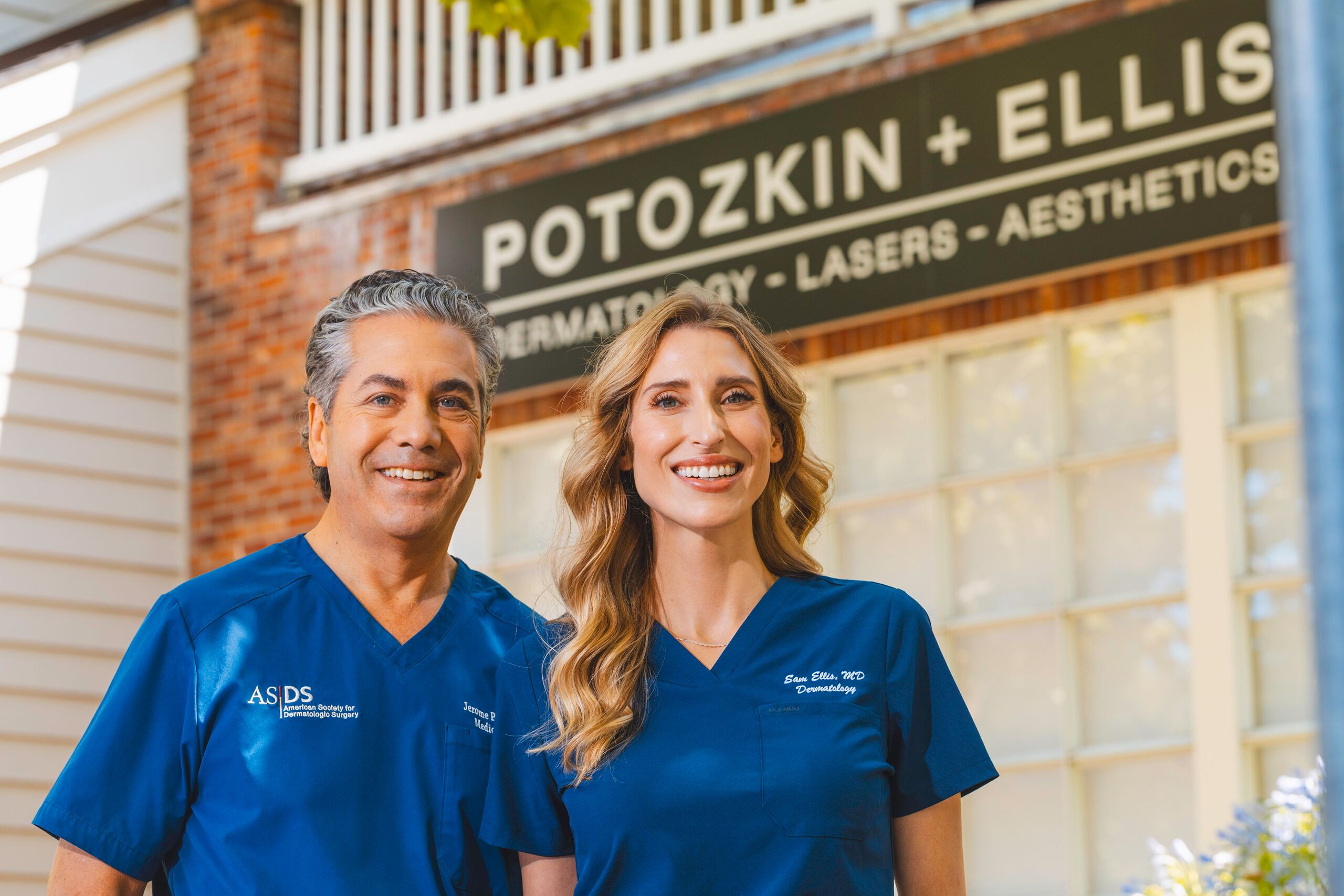Understanding Concerns With Hair Loss
Hair loss can develop gradually or suddenly, profoundly affecting appearance, confidence, and quality of life. For many patients throughout the East Bay, noticing more hair in the shower drain, seeing a widening part, or feeling your ponytail getting thinner creates anxiety and distress. Hair loss is not just a cosmetic concern, it impacts how you feel about yourself every single day.
Multiple factors contribute to hair loss including genetics, hormonal changes, autoimmune activity, stress, nutritional deficiencies, and scalp health. The pattern and cause of your specific hair loss determine which treatments will be most effective. Addressing these concerns early often leads to better outcomes, as intervention can support regrowth and help prevent further thinning over time.


















